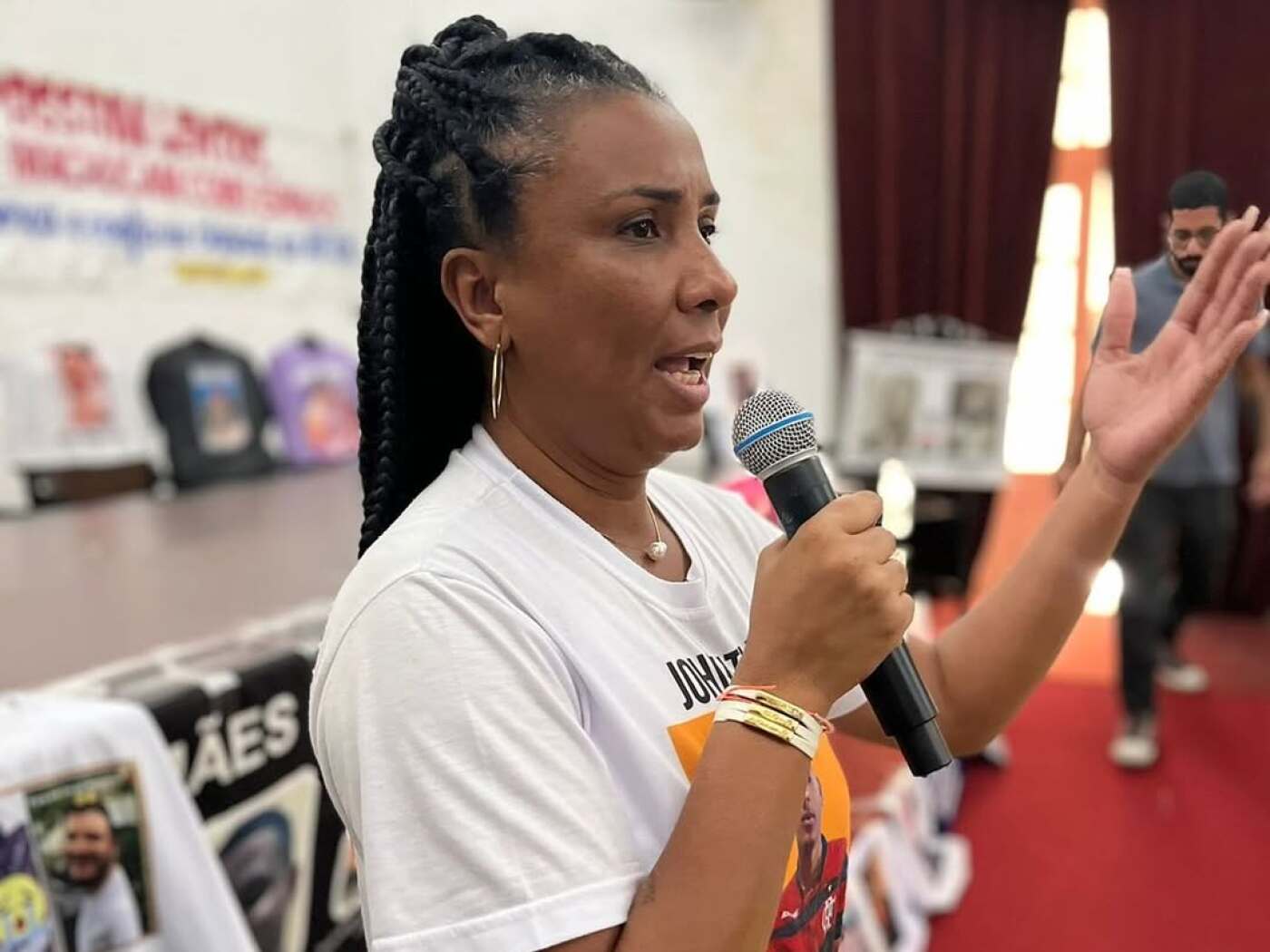
Brazilian activist wins ‘Nobel Prize for human rights’

Ana Paula Gomes de Oliveira, a Brazilian activist against police violence, is this year's winner of the Martin Ennals Award in Geneva. She will receive her award on November 26, the Foundation that oversees this Nobel Prize for Human Rights said on Monday.
+Get the most important news from Switzerland in your inbox
De Oliveira co-founded the “Mothers of Manguinhos” collective after her 19-year-old son was murdered in a favela on his way home from his girlfriend’s house, shot in the back by a military policeman. She “gave so much, after having lost so much”, said jury president Hans Thoolen.
He added that “the racist violence rampant on the streets of Brazil deserves the full attention of the federal government and the international community”. The UN regularly condemns the police’s approach to drug traffickers, which often results in dozens of deaths.
In addition to de Oliveira, a Ugandan student fighting corruption was a finalist for this year’s prize, often called the “Nobel Prize for human rights” because it specifically recognises courageous human rights defenders. As was a Tunisian human rights activist who is still being arbitrarily detained.
Translated from French by DeepL/ts
We select the most relevant news for an international audience and use automatic translation tools to translate them into English. A journalist then reviews the translation for clarity and accuracy before publication.
Providing you with automatically translated news gives us the time to write more in-depth articles. The news stories we select have been written and carefully fact-checked by an external editorial team from news agencies such as Bloomberg or Keystone.
If you have any questions about how we work, write to us at english@swissinfo.ch

In compliance with the JTI standards
More: SWI swissinfo.ch certified by the Journalism Trust Initiative






























You can find an overview of ongoing debates with our journalists here . Please join us!
If you want to start a conversation about a topic raised in this article or want to report factual errors, email us at english@swissinfo.ch.